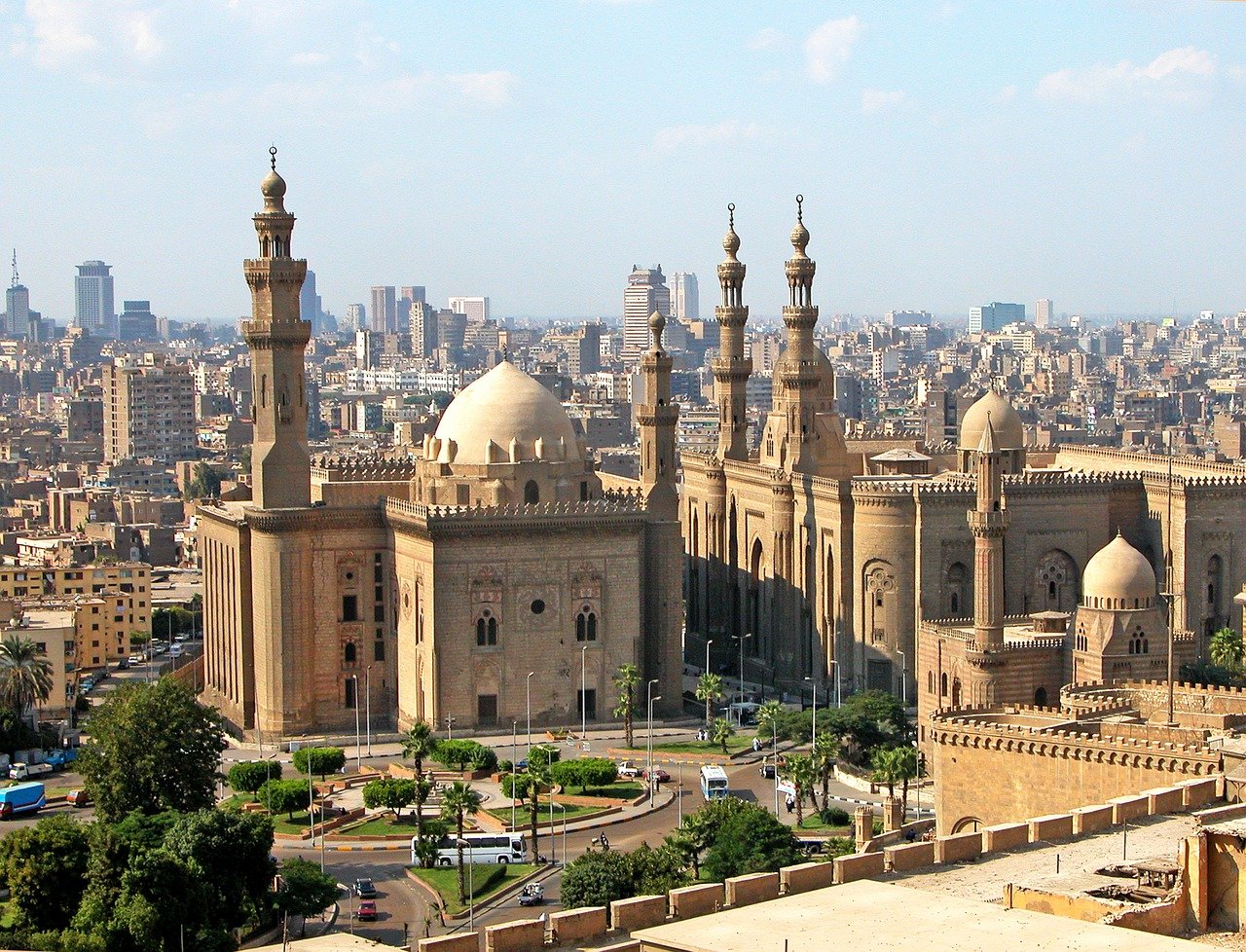Finance & Business
What Does the Egypt Crisis Mean to the Stock Market?

Given Egypt’s strategic place in the world, it is inevitable that any unrest in the region will have an enormous impact on the U.S. financial markets.
The principal impact of course is the Suez Canal, one of the world’s most vital waterways. 2.4 million barrels of oil a day pass through the canal or over 5% of the world’s total capacity as well as other vital cargoes like United States exports of Grain and goods moving from Asia to Europe. Were passage through the canal to be seriously disrupted shipping would have to divert around The Cape of Good Hope a distance of several thousand miles increasing the cost of maritime trade, including the cost of fuel, food, and much of the world’s imports and exports.
In addition to the Canal Egypt possesses the SuMed pipeline which handles over 2 and a half million barrels of oil a day for ships that cannot pass through the canal fully laden. Egypt is also a strategic lynchpin linking Africa and the Middle East. Instability there poses major threats to the war on terror and the regions Peace in general. Problems in Egypt will inevitably destabilize North Africa, and increase tension at a time in which the world is already struggling to deal with problems in Syria and Iran.
Unrest in Egypt resulted in a 1.5% percent drop in the Standard and Poor’s 500 and a 1.4% drop in the Dow. Clearly the world economy has a stake in Egypt’s stability.

